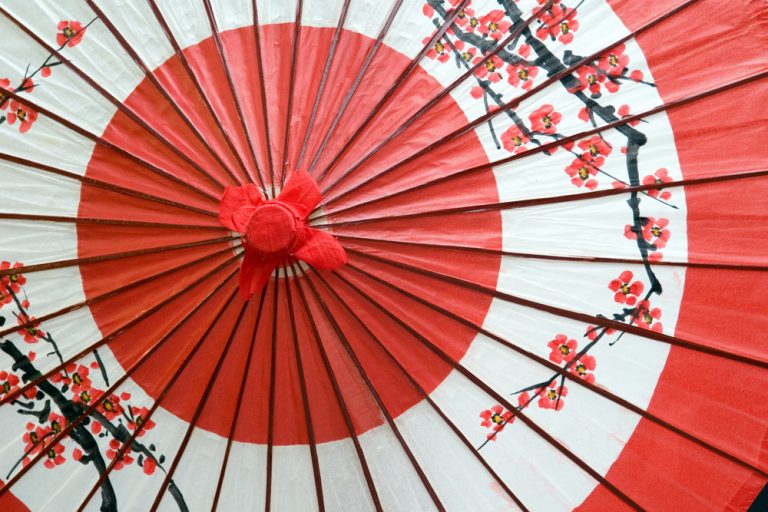Anecdote 1: びっくりした声 (A Surprised Voice)
朝、起きた。喉に違和感があります。話そうとした。でも、声が変だった!まるでロボット見たい。「どうしよう?」
お母さんに聞いた。「あれ?喉、大丈夫?」びっくりした顔をした。喉を見てもらうと、赤かった。「まだ話せるけど、ちょっと変。」
先生に聞いた。「大丈夫。でも、今日は静かにした方がいいよ。」でも、学校で友達が「少しだけでいいから、話して見て!」と言った。私は小さな声で「こんにちは…」皆んな、大笑いした!
Grammar Used:
- だけ (Only / Just (limits amount/scope).)
- (が)あります (Existence of things (e.g., “There is ~” / “I have ~”).)
- 見たい (seems like; looks like)
- ~てもらう (receive an action from someone)
- ちょっと (a little; slightly)
(が)あります
Meaning: There is ~; I have ~ (Used to express existence of things, possession,
or a certain state)
Formation:
- Noun + があります → There is (a thing; something exists)
- Feeling/Symptom + があります → I have (a condition or feeling)
Examples:
公園の近くに大きい木があります。
(There is a big tree near the park.)
頭痛があります。
(I have a headache.)
問題があります。
(I have a problem.)
Sentence from Anecdote:
❝ 喉に違和感があります。 ❞
(I have discomfort in my throat.)
Note:
- Used for inanimate things, conditions, and states.
- For living things (people, animals), use がいる instead (犬がいます → There is a dog.).
見たい
Meaning: Seems like ~ / Looks like ~ (Used for similarity, speculation, or appearance)
Formation:
- Noun + 見たい
- Verb (casual form) + 見たい
- い-adjective + 見たい
Examples:
このケーキ、チーズ見たい!
(This cake looks like cheese!)
彼は疲れている見たい。
(He seems tired.)
Sentence from Anecdote:
❝ まるでロボット見たい。❞
(It was just like a robot.)
Note:
- More casual than ~ようだ, which is more formal.
- Often used in daily conversation when describing similarities or assumptions.
てもらう
Meaning: Receive an action from someone (Used to express gratitude or benefit from an action)
Formation:
- Person に + Verb (て-form) + もらう
Examples:
友達に宿題を手伝ってもらった。
(I had my friend help me with my homework.)
先生に作文を直してもらいました。
(I had the teacher correct my essay.)
Sentence from Anecdote:
❝ 喉を見てもらった。❞
(I had my throat checked.)
Note:
- The speaker benefits from the action.
- Different from てくれる, which focuses on the doer’s kindness rather than the receiver’s benefit.
ちょっと
Meaning: A little; Slightly (Used for small amounts, requests, or hesitation)
Formation:
- ちょっと + Adjective / Verb
Examples:
このカレー、ちょっと辛いね。
(This curry is a little spicy.)
ちょっと待ってください。
(Please wait a moment.)
Sentence from Anecdote:
❝ まだ話せるけど、ちょっと変。❞
(I can still talk, but it sounds a little strange.)
Note:
- Polite way to refuse something (ちょっと… → “Hmm… not really”).
- Different from 少し, which is slightly more formal.
だけ
Meaning: Only; Just ~ (Limits the amount or scope of something)
Formation:
- Noun + だけ → Only (noun)
- Verb (plain form) + だけ → Just do (verb); only do (verb)
- Adjective + だけ → Only (certain level of something)
Examples:
この店は会員だけ入れます。
(Only members can enter this store.)
今日は少しだけ勉強しました。
(I studied just a little today.)
このボタンを押すだけでOKです。
(You just need to press this button.)
Sentence from Anecdote:
❝ だけでいいから、話して見て! ❞
(Just a little is fine, so try talking!)
Note:
- Can emphasise small amounts (ちょっとだけ → just a little).
- Similar to しか~ない, but しか has a stronger negative meaning (水しかない → There is nothing but water).

